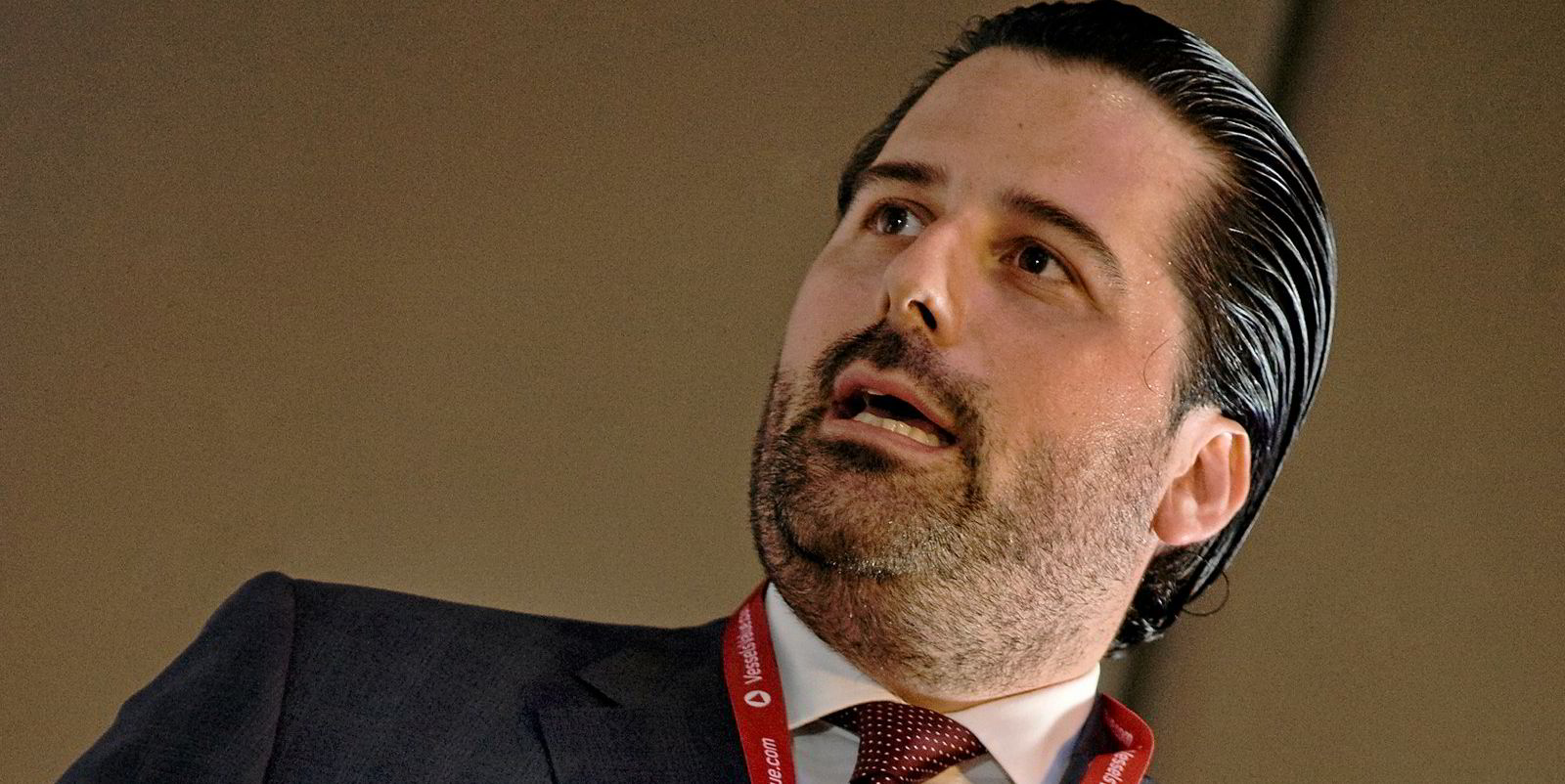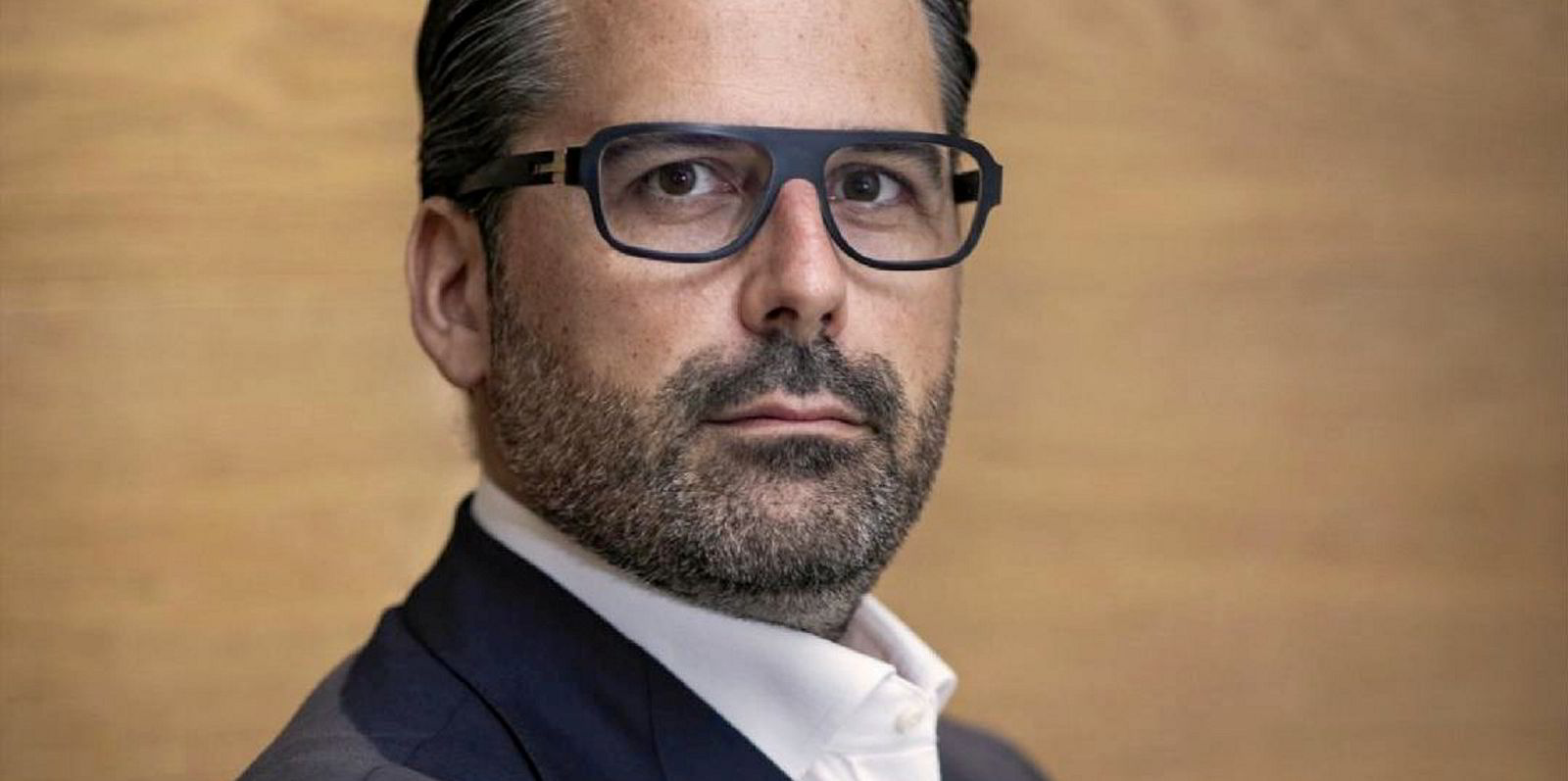UK battery company Britishvolt has secured its future for now after the government withdrew a promised £100m ($115m) in financing.
Tanker and wind farm vessel group Scorpio invested “single-digit millions” of pounds in Britishvolt in May to develop batteries for ships.
The start-up first wants to build a factory in northern England to produce batteries for electric vehicles.
UK media said government funding would no longer be forthcoming after ministers learned the money would be used for day-to-day operations.
But the BBC has now reported the company has secured additional cash for the business to stay operational in the short to medium term, according to sources with understanding of the matter.
There has been no comment on the identity of the new backer or backers.
A spokesperson for Britishvolt had told the broadcaster on Monday: “We are aware of market speculation. We are actively working on several potential scenarios that offer the required stability. We have no further comment at this time.”
Scorpio has been contacted for comment.
Britishvolt says its £3.8bn “gigafactory” will create 3,000 jobs, but the start of production has been pushed back twice to the middle of 2025.
In August, the company said it faced “difficult external economic headwinds, including rampant inflation and rising interest rates”.
The Scorpio investment was described as “strategic” amid plans to target the maritime sector.
“The future of maritime propulsion and power storage is likely to lead the shipping industry to increasingly embrace battery power,” Britishvolt said at the time.
In February 2021, TradeWinds reported that Scorpio had taken a major stake in Norwegian battery-cell manufacturer Freyr Battery, which is listed on the New York Stock Exchange.
It was reported to have invested more than $20m, making it one of the top 10 holders in Freyr Battery, alongside the Koch family, Glencore and Fidelity.





